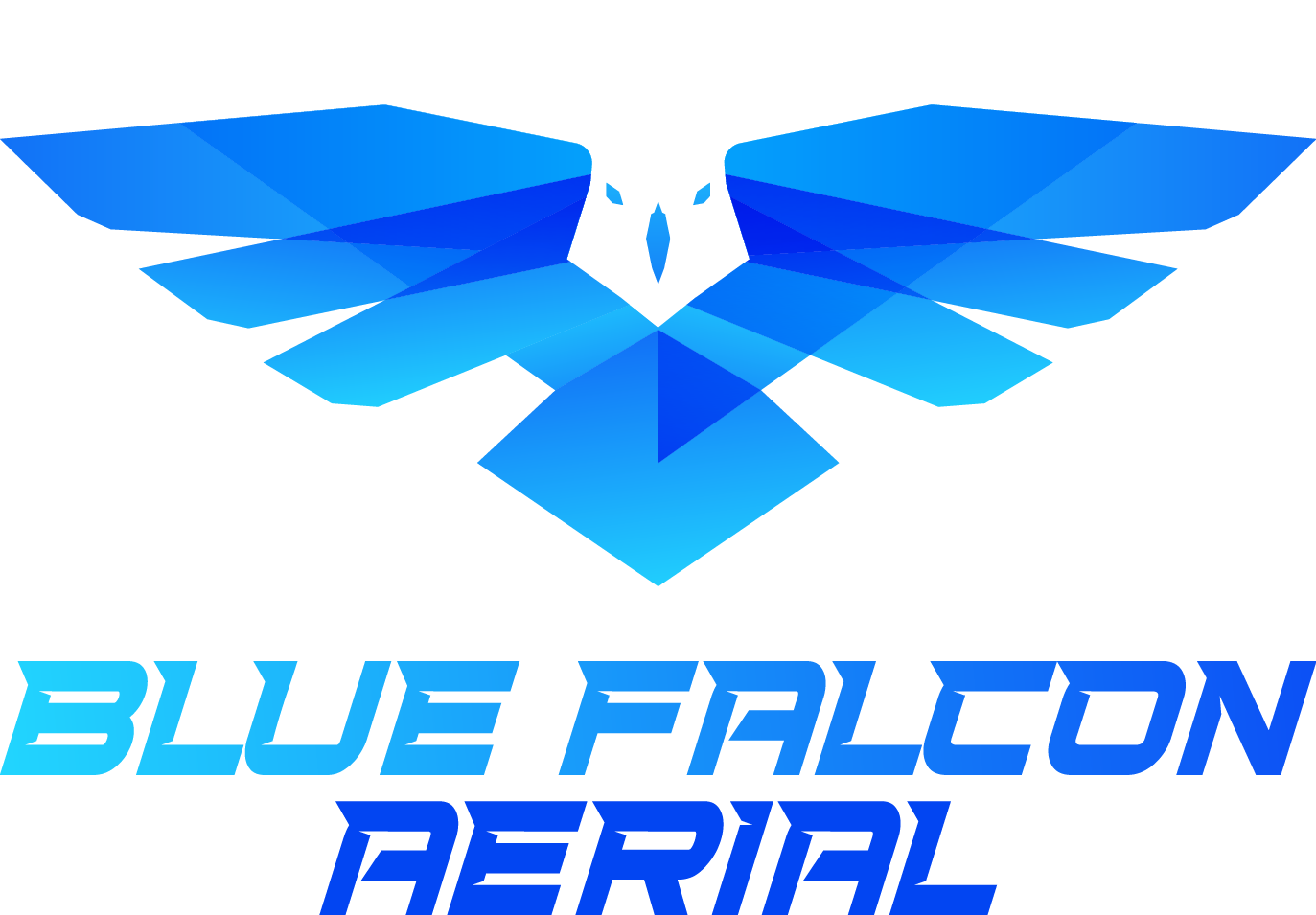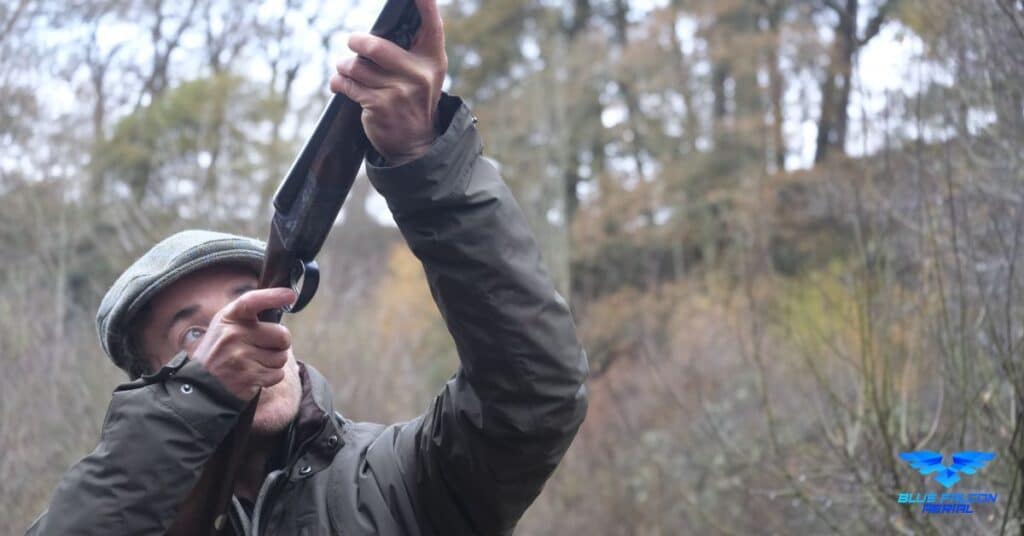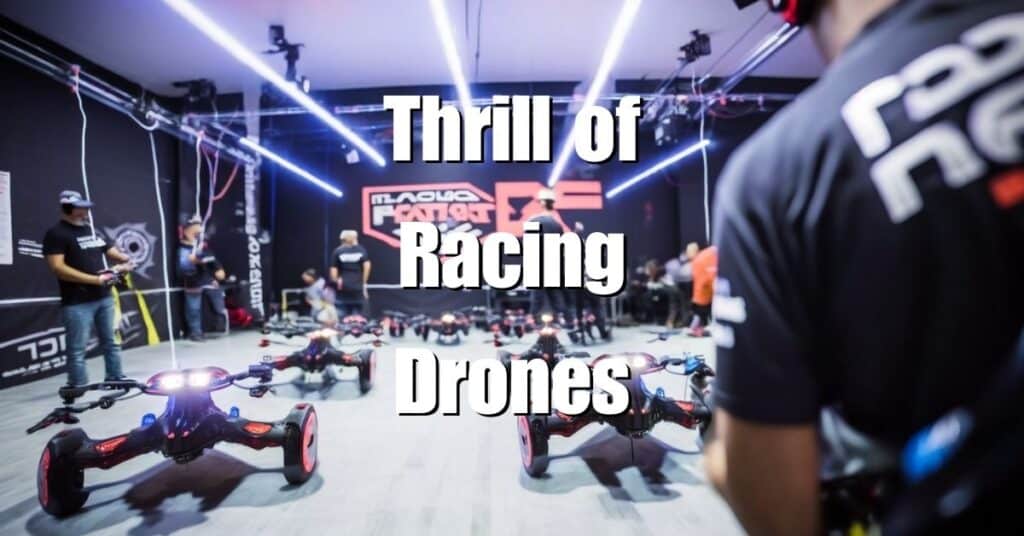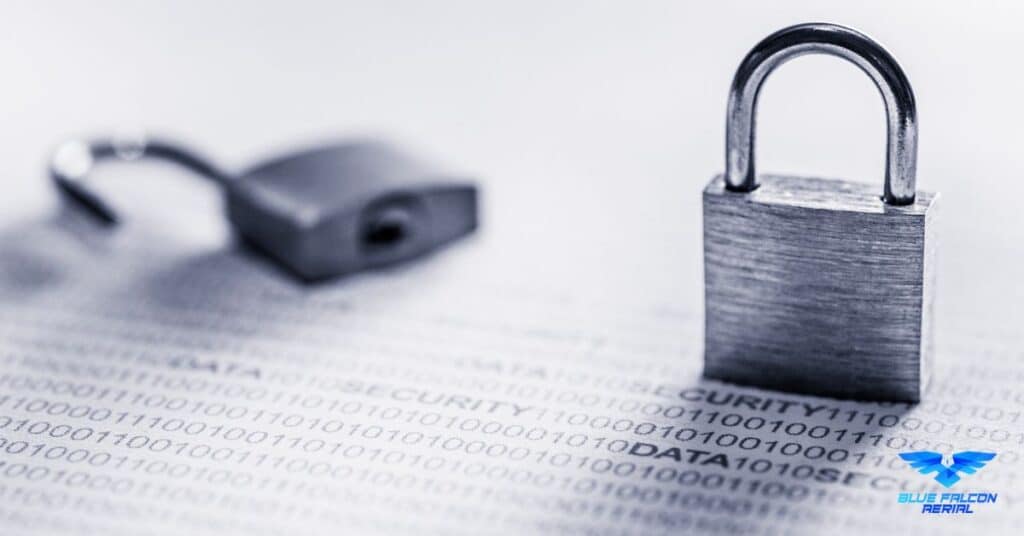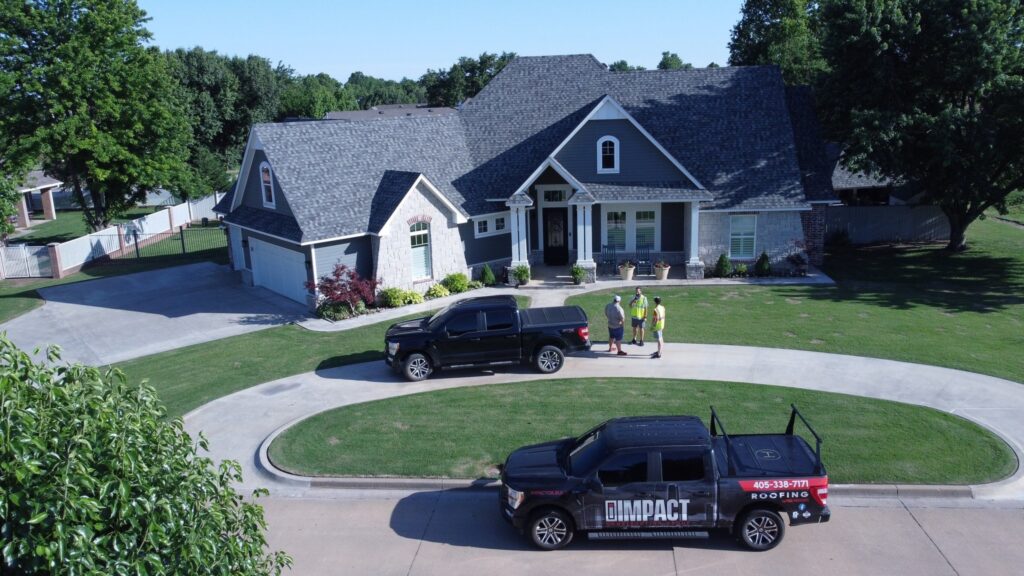From surveying landscapes to delivering packages, drones have steadily found their way into various aspects of our lives. However, their increasing presence in our skies can sometimes lead to invasion of privacy, raising critical questions for homeowners and bystanders alike. One question we frequently hear is: What happens if I shoot down a drone? It might feel like a quick fix to a breach of privacy or a nuisance, but pulling the trigger has far-reaching implications. This article intends to illuminate the potential consequences of such an action, digging deep into legal repercussions, safety hazards, and other potential outcomes.
Key Takeaways
- Legal Risks of Shooting Down Drones: Shooting down a drone can lead to federal criminal charges, as drones are legally considered aircraft.
- Safety Concerns: Discharging a firearm at a drone presents significant risks, including potential injury from falling debris or stray bullets.
- Varied Legal Outcomes: Legal consequences can differ based on local laws and specific circumstances of each case.
- Alternatives to Shooting Down Drones: Safer options include contacting authorities or using non-destructive methods to address privacy concerns.
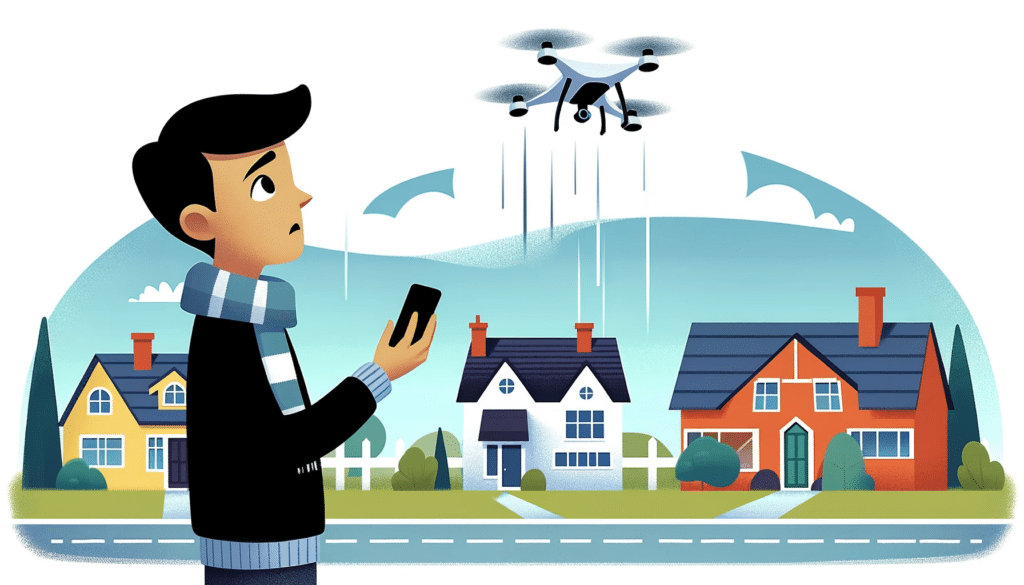
The Popularity of Drones: A Brief Overview
Drones, also known as unmanned aerial vehicles (UAVs), have been on a steady trajectory to ubiquity over the past decade. Their dynamic capabilities have led to their widespread application in several fields. They’re now common in sectors like agriculture for crop scouting, real estate for aerial property photography, emergency services for search and rescue operations, and even in media production for capturing stunning aerial shots.
The escalating drone market stands as a clear indication of their escalating popularity. The Federal Aviation Administration (FAA) reported more than 2.6 million drone registrations in the United States alone by 2021. This statistic encompasses both commercial and recreational drones, showcasing the extensive infiltration of these devices in our airspace.
Despite their multitude of benefits, drones have also sparked concerns, particularly around privacy and safety. As they’ve become more commonplace, instances of drones hovering in areas where they’re unwelcome or not legally allowed have increased, leading many to wonder how they can protect their privacy.
Understanding Drone Laws and Regulations
Federal Regulations Regarding Shooting Down a Drone
When discussing drone regulations in the United States, the FAA is the central authority. As per the FAA, drones are considered aircraft, and as such, they fall under the jurisdiction of federal laws concerning aircraft protection.
According to the FAA’s report on Unmanned Aircraft Systems, shooting down a drone is a federal crime under United States Code Title 18 Section 32, which describes the destruction of aircraft or aircraft facilities as a felony. Violators can face fines and imprisonment up to 20 years, making it crucial to consider alternative actions rather than resorting to shooting down a drone.
Legal Implications of Shooting Down a Drone
Aside from federal laws, shooting down a drone can also have serious legal implications at the state level. Many states have enacted laws to protect the operation of drones, and shooting down one could result in criminal or civil liability. Depending on the state, potential charges could range from criminal mischief and reckless endangerment to discharge of a firearm and destruction of property.
For instance, in a case in Kentucky, a man who shot down a drone hovering over his property was initially cleared of charges by a local judge who ruled that the drone was an invasion of privacy. However, the drone’s owner subsequently filed a federal lawsuit, alleging the man had committed acts of “wantonness” and trespassing.
Legal implications are not uniform across all states, and some even have specific laws related to drones. As such, it’s crucial to familiarize yourself with both federal and local laws concerning drones before taking any action.
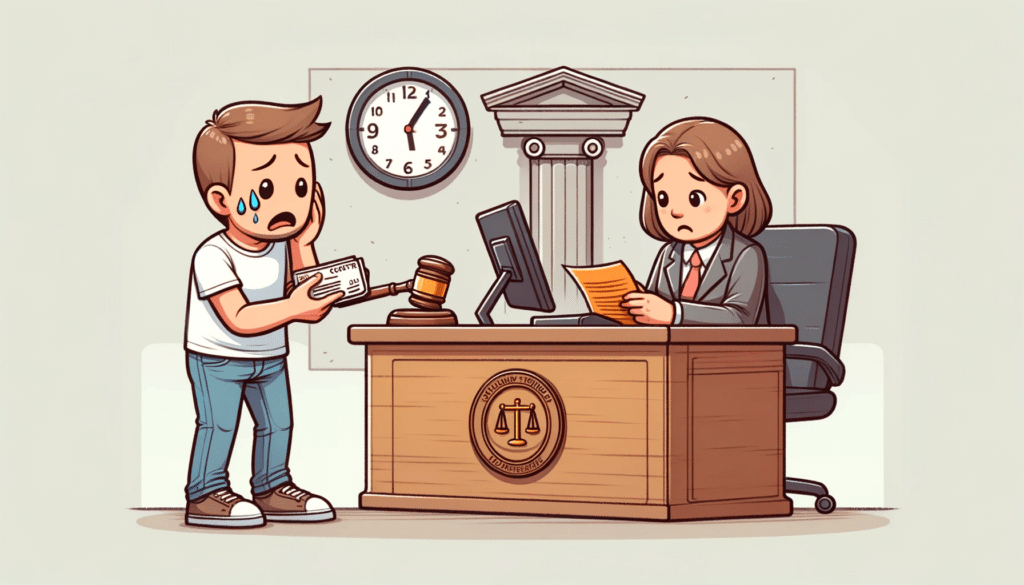
Potential Risks of Shooting Down a Drone
As the owner of airspace above their property remains a matter of debate, so does the rights and responsibilities of individuals who decide to take matters into their own hands when an unwanted drone appears. This section will focus on the dangers, potential damage, and criminal implications of shooting down a drone.
The Danger of Shooting Down a Drone
Shooting down a drone, especially with a firearm, poses significant safety risks. Bullets fired into the air can travel a long distance, and once gravity takes over, they come back down at high speeds, posing an unpredictable danger to people and property. Additionally, a damaged drone can fall uncontrollably, potentially causing injury or property damage.
Potential Property Damage from Shooting Down a Drone
When a drone is shot down, it can crash into buildings, vehicles, or other valuable property. Depending on the size and weight of the drone, and the altitude at which it was flying, the falling wreckage can cause substantial damage. Drones can weigh up to 55 pounds according to FAA regulations for commercial use, and a drone of this size falling from a significant height can cause considerable harm.
Can Shooting Down a Drone Be Considered a Crime?
The act of shooting down a drone can indeed be considered a crime. Under federal law, a drone is classified as an aircraft. Therefore, damaging, destroying, disabling, or wrecking a drone could result in federal criminal charges under 18 U.S.C. § 32, which deals with the destruction of aircraft or aircraft facilities. Penalties can include fines, imprisonment, or both, depending on the severity of the offense and the damage caused.
Unraveling the Consequences of Shooting Down a Drone
Though it might seem like a simple solution to a complex problem, shooting down a drone carries with it a host of potential consequences. Understanding these outcomes is crucial before deciding to take such drastic action.
Legal Consequences
As discussed earlier, the act of shooting down a drone can result in criminal charges at both the federal and state level. But the potential legal implications don’t stop there. The drone operator may also sue the shooter for damages. Depending on the cost of the drone and the value of any lost data or equipment onboard, this could result in a significant financial liability.
Financial Consequences
If found guilty of shooting down a drone, you may be responsible for replacing it. Drones vary greatly in cost, from a few hundred dollars for recreational models to thousands or even tens of thousands of dollars for commercial-grade drones equipped with high-end camera equipment or other technology.
Additionally, legal fees associated with a lawsuit can be substantial. Even if you ultimately win the case, you could still find yourself out thousands of dollars in legal expenses.
Safety Risks
As mentioned, shooting down a drone poses serious safety risks. Discharged bullets can injure people and damage property, while falling drone debris can also lead to injuries or property damage. There’s also the potential for a drone to crash into a populated area, causing even more significant damage or harm.

A Closer Look at Scenarios
In examining the repercussions of shooting down a drone, it is helpful to consider specific situations that could occur. Each scenario brings unique circumstances and considerations that can influence the legal, financial, and safety risks involved.
Case Study: Drone Shot Down Over a Meat Processing Facility
In a case from Minnesota, an unnamed man flew a drone over Butterfield Foods, a meat processing company, in an attempt to prove that chickens were being slaughtered due to the pandemic. Two employees confronted the drone operator, and shortly after, someone shot the drone out of the sky, causing $1,900 worth of damage.
The shooter, identified as Travis Duane Winters, was arrested and charged with criminal damage to property and reckless discharge of a weapon within city limits. This case highlights the potential criminal charges one might face for shooting down a drone.
Legal Perspective
Shooting down a drone is illegal under the same federal aviation laws that prohibit shooting down crewed aircraft. However, there have been few instances of people being prosecuted under these laws.
Case Study: Drone Shot Down Over Private Property
A contrasting case took place in Hillview, Kentucky, where William Merideth shot down a drone that he believed was spying on his daughter. Merideth was initially arrested for wanton endangerment and criminal mischief.
However, a Kentucky court dismissed all charges against Merideth. The judge ruled that two human witnesses, who saw the drone below the tree line, provided sufficient evidence that the drone was invading Merideth’s privacy. Merideth’s case shows that the perception of privacy invasion can sometimes play a significant role in the legal outcomes of these incidents.
Legal Perspective
While the drone’s owner considered his legal options, it’s important to note that the court’s decision was based on human witness accounts, not on the flight data provided by the drone’s owner. This highlights the complexities of using data in such cases and the importance of local laws and the perceived violation of privacy.
Case Study: Drone Shot Down in Search for a Lost Pet
In another incident, Long Island resident Gerard Chasteen shot down a drone that was flying near his property. The drone operators, volunteers for a local pet-rescue group, were searching for a lost dog.
Chasteen admitted to shooting down the drone because he didn’t want it flying near his home. He was subsequently charged with third-degree criminal mischief and prohibited use of a weapon.
Legal Perspective
Whether these charges will stand is uncertain as drone pilots have received little protection against gun-related actions of homeowners in recent years. It should be noted that shooting down a drone is a federal crime because drones are considered “aircraft” under federal law. Moreover, the law varies from state to state, but using a deadly weapon to bring down a drone would typically only be legal if the shooter were acting in self-defense, others’ defense, or possibly property defense.
It’s also worth noting that the airspace above a backyard does not belong to the homeowner; it falls into the national airspace system and is exclusively under the federal government’s control. Technically, drones flying in the national airspace are subject to federal law, although the operator is subject to both federal law and relevant state laws.
| Case Study | Location | Consequence | Legal Perspective |
|---|---|---|---|
| Drone Shot Down Over a Meat Processing Facility | Minnesota | Shooter charged with criminal damage to property and reckless discharge of a weapon | Shooting down a drone is illegal under federal aviation laws |
| Drone Shot Down Over Private Property | Kentucky | Charges dismissed due to perceived privacy invasion | Legal outcomes can be influenced by local laws and perceptions of privacy invasion |
| Drone Shot Down in Search for a Lost Pet | Long Island | Shooter charged with third-degree criminal mischief and prohibited use of a weapon | The airspace above private property is under federal control; shooting down a drone could be considered a federal crime |
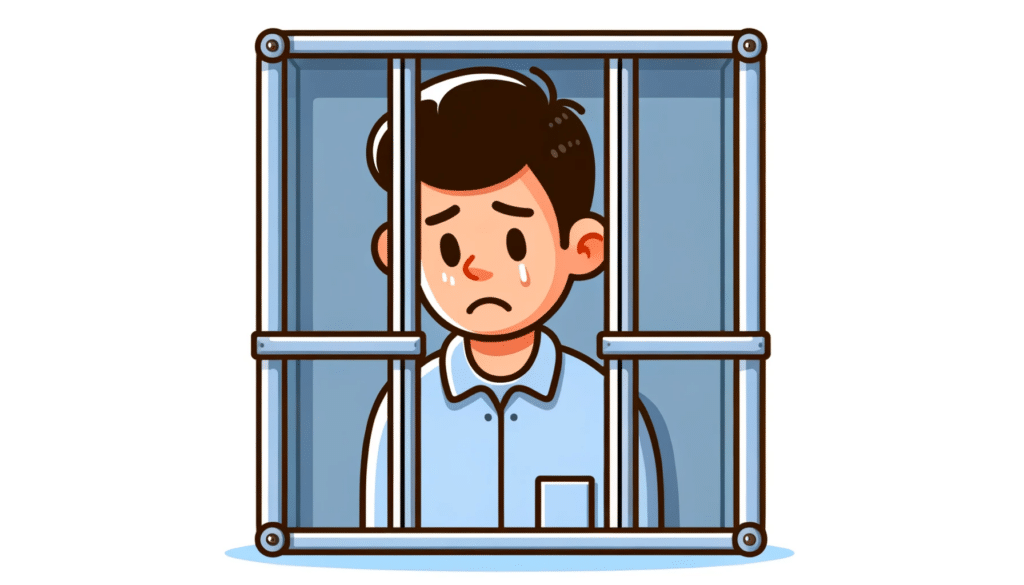
Alternatives to Shooting Down a Drone
Considering the risks and potential legal consequences of shooting down a drone, it is crucial to explore alternative methods of handling an unwanted drone in your vicinity.
Shooting Drones for Self-Defense: Other Options
While it may feel like an invasion of privacy when a drone hovers over your property, shooting it down should be a last resort due to the consequences discussed. Here are some other approaches to consider:
Contact the authorities: If you feel your privacy is being invaded by a drone, the safest and most advisable action is to call local law enforcement. They can assess the situation and take appropriate action. This also provides a record of the incident, which could be useful in a subsequent legal dispute.
Track down the operator: Since FAA rules require drone operators to keep their drones within their line of sight, the operator is likely nearby. If you can find the operator, you may be able to resolve the issue directly.
Use a drone jammer: Several companies sell devices that can interfere with a drone’s signal, causing it to land or return to its operator. However, these devices should be used with caution as their use can also lead to legal consequences.
Document the incident: If a drone is frequently invading your privacy, make a record of the occurrences. Photos, videos, and a written log with dates and times can provide crucial evidence if you decide to take legal action.
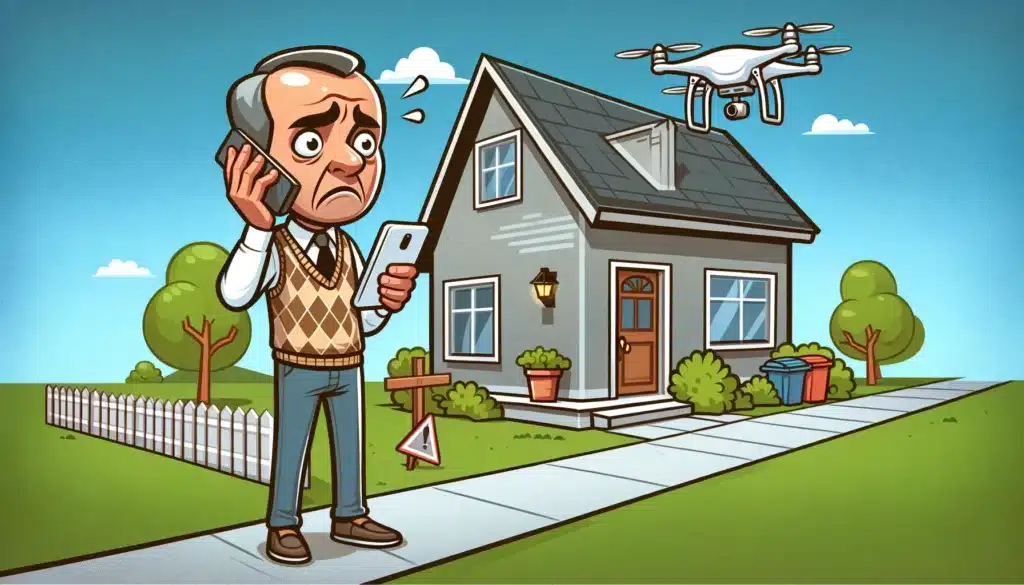
Navigating the complexities of drone usage, from understanding laws to assessing the risks, can be challenging. However, gaining an understanding of the consequences that can arise from shooting down a drone is critical, given their increasing presence in our daily lives.
But don’t stop your drone education here. Continue expanding your knowledge with Blue Falcon Aerial’s comprehensive guide on building and growing your drone business. It’s a valuable resource to understand the exciting potential of drone technology and its positive applications.
If you’re grappling with any drone-related issues or exploring the potential of drones for your business or personal use, feel free to reach out to Blue Falcon. As experts in the field, we’re eager to assist you in unraveling the fast-paced world of drone technology.
